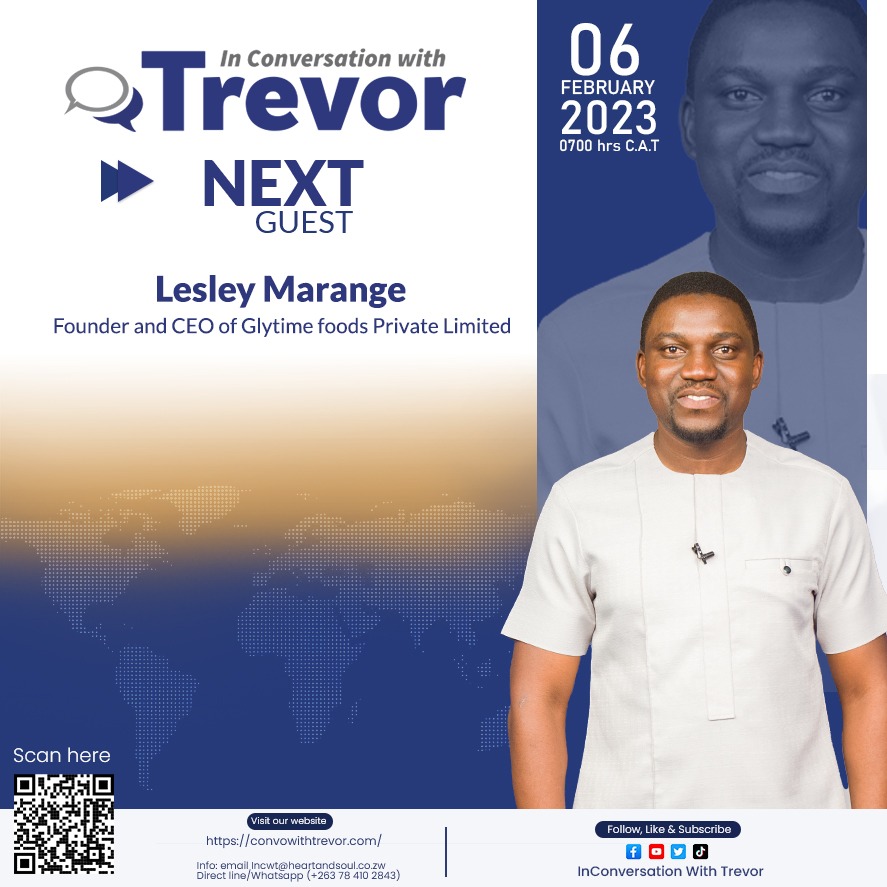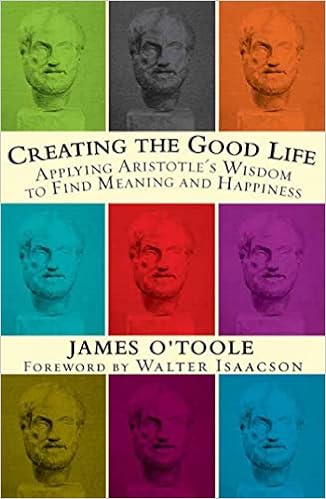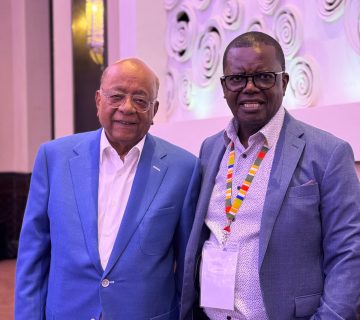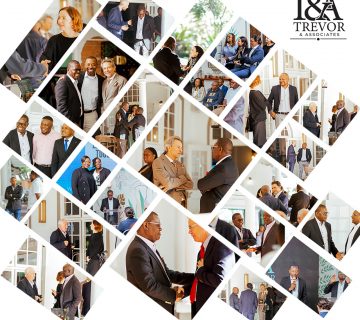 | |||
Zimbabwe needs national psychological safetyNations that prosper do so on the back of the collective ingenuity and creativity of their citizens. Ideas and creativity thrive in a culture where citizens feel they have freedom of creative expression and freedom of speech without negative repercussions. This culture starts from home, the education system, the workplace and then permeates all facets of national discourse. The Memory Nguwi ICWT episode has the nation abuzz with the importance of psychological safety in the workplace. As hugely important as this is, we seem to forget that psychological safety cannot suddenly emerge in the workplace from a citizenry that does not practice it at home, at school, in church and our neighbourhoods. In an article in the Zimbabwe Independent, Memory Nguwi argues that psychological safety is necessary for improved communication, creativity and productivity in the workplace. When people are not afraid to express themselves, they are creative and engage in robust disputation which allows the best ideas to rise to the top. Thus, a national marketplace of ideas is created which powers innovation and productivity. Citizens cowed by intimidation and fear are not able to express themselves resulting in a stunted marketplace of ideas and low levels of entrepreneurship. At an individual level we owe each other this psychological safety. We are all agents of psychologically safe places at work, church, parliament and cabinet. The quality of our conversations contributes to our national wellbeing, entrepreneurship and productivity. We can’t expect miracles in the workplace because the same toxic and suffocating atmosphere pervades our work spaces. Our toxic conversations on social media and live spaces suffocate a multiplicity of views and ideas. As Nguwi says, “We can’t be creative until we are in a psychologically safe environment”. Our national environment needs each one of us to play their role in cleansing it of numbing toxicity and fear. Our nation will only prosper when we are not threatened by ideas we disagree with or other people’s ideas. Zimbabwe will prosper when we tolerate all views and ideas within acceptable societal norms and values. We set limits to our creativity and entrepreneurship if we participate in closing down spaces for debate. Institutionalised and systemic intimidation and intolerance, particularly from the state and its actors, have badly affected our society. Our political parties must be bastions of energy and creativity but, alas, they are straitjackets where members are expected to march lockstep in conformity with their leaders. The dullness that this produces explains our impoverished politics and economic collapse. Each one of us must look in the mirror and honestly ask ourselves how we are contributing to national psychological safety. | |||
In Conversation with Bheki MakhubuBheki Makhubu, the award-winning eSwatini journalist, has been applauded globally for his courage in speaking against injustices in his country. He has paid a heavy price for standing up against King Mswati and the judiciary. In this week’s episode, Makhubu explains why King Mswati III could be on the verge of losing his people and the consequences of this shift. He also shares insights on the King’s relationship with former President Robert Mugabe. Watch his episode here.. | |||
Coming Next: In Conversation with Lesley MarangeDon’t miss the next episode with Founder and CEO of Glytime Foods Private Limited Mr Lesley Marange in conversation with Trevor. | |||
 | |||
Podcasts | |||
 | Zimbabwean entrepreneur and newspaper publisher Trevor Ncube sits down with various high-profile guests in a series of candid, conversations that seeks to go beyond the headlines and beyond the sensational. | ||
| |||
Book of the WeekSummary: Creating The Good Life is a book in which O’Toole confesses to having hungered in vain after literary stardom. Prompted by this disappointment to reconsider his life path, O’Toole began to ponder the relationship between happiness and success, and in this chatty, stimulating and at times gossipy self-help guide for professionals and business people, he shares his findings. Turning to Aristotle’s Nichomachean Ethics, he finds that the ancient philosopher forces one to ask oneself tough questions and to abandon youthful fantasies about money, power and fame. O’Toole goes on to critique in Aristotelian terms the values, life choices and deeds of prominent “successful” Americans, including Rudolph Giuliani, Bill Gates, Silicon Valley legend Jim Clark, high-tech entrepreneur Larry Ellison and numerous leading CEOs. He discusses what he casts as the immaturity of Bill Clinton and praises the “truest Aristotelian” he knows—a former high school chum who abandoned a business career to mentor 29 underprivileged children. O’Toole’s dogged application of Aristotelian principles to the business world is thought provoking and engaging. Recommended Reading: | |||
| © AlphaMedia Holdings 2022 Stand No. 17382, Cnr Bessemer/Strand Road, Graniteside, Harare, Zimbabwe |








